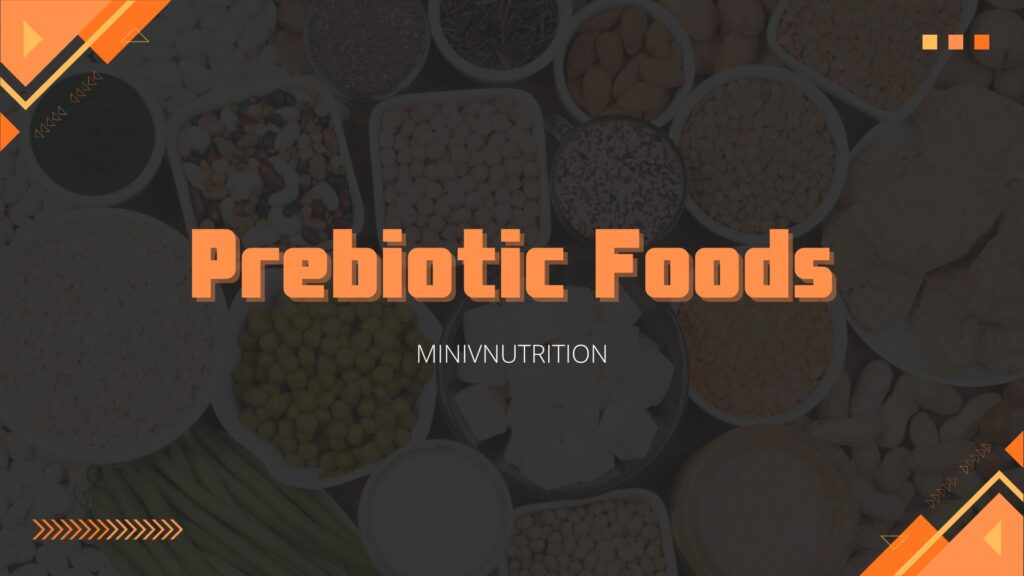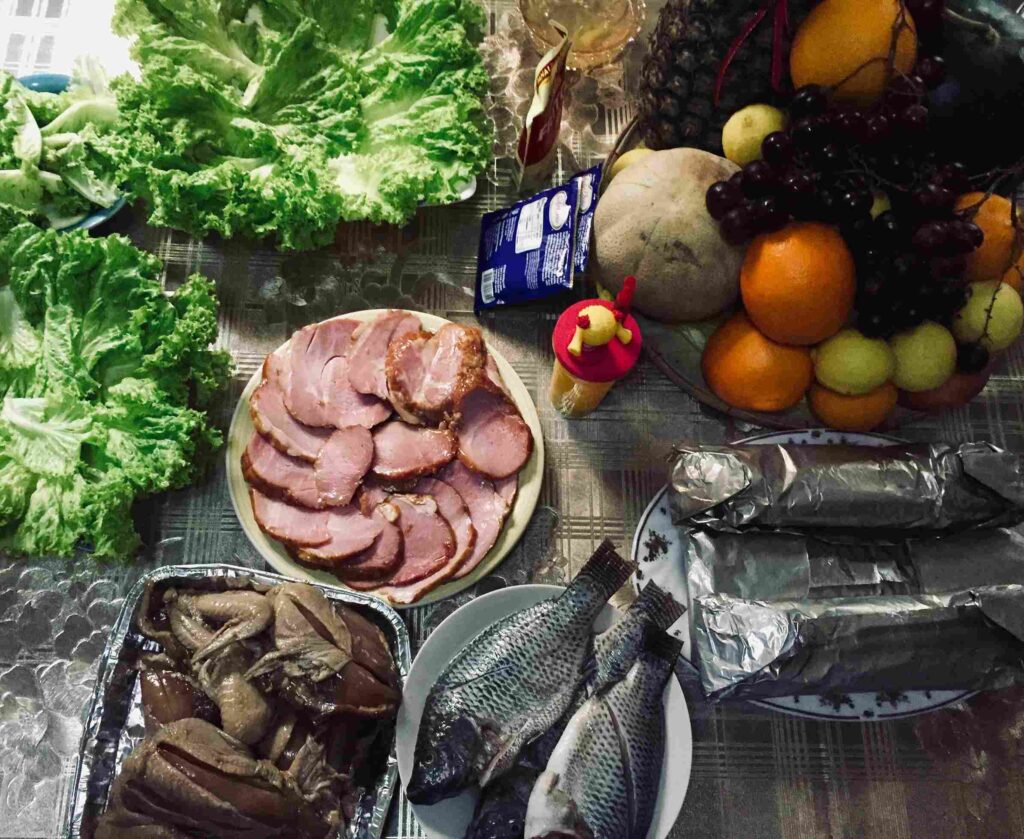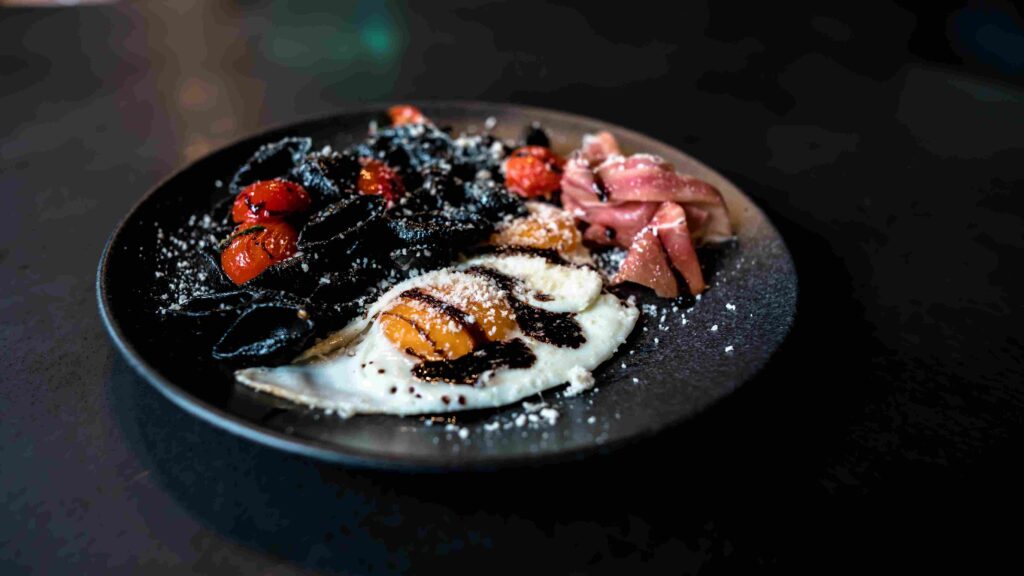Maintaining good digestive health and a robust immune system is vital for overall well-being. One way to support both is by incorporating prebiotic foods into your diet. In this article, we’ll explore what prebiotics are, how they work, the benefits they offer for digestion and immunity, the best prebiotic foods to eat, and how to increase your intake of these valuable dietary components.

Table of Contents
What are Prebiotics?
Prebiotics are non-digestible fibers that serve as food for beneficial probiotic bacteria in your gut. Unlike probiotics, which are live bacteria that directly contribute to gut health, prebiotics help nourish these beneficial bacteria, allowing them to thrive.
How Do Prebiotics Work?
When you consume prebiotic-rich foods, these indigestible fibers reach your colon largely intact. There, they become a food source for probiotic bacteria such as Bifidobacteria and Lactobacillus. As these beneficial bacteria feed on prebiotics, they multiply and produce short-chain fatty acids (SCFAs), which have several health benefits.
Benefits of Prebiotics for Digestion and Immunity
- Improved Digestion: Prebiotics support the growth of beneficial gut bacteria, enhancing digestion and nutrient absorption.
- Balanced Gut Microbiome: A diet rich in prebiotics helps maintain a diverse and balanced gut microbiome, which is essential for overall health.
- Enhanced Immunity: A healthy gut microbiome positively impacts the immune system, reducing the risk of infections and autoimmune diseases.
- Reduced Inflammation: Prebiotics contribute to lower levels of inflammation in the body, which can reduce the risk of chronic diseases.
- Weight Management: Some research suggests that prebiotics may aid in weight management by promoting a sense of fullness and supporting metabolic health.

The Best Prebiotic Foods to Eat
Prebiotic foods are a key component of a gut-healthy diet, as they provide essential fibers that nourish and support the growth of beneficial gut bacteria. By incorporating a variety of prebiotic-rich foods into your meals, you can foster a thriving gut microbiome and promote digestive well-being. This comprehensive guide explores some of the best prebiotic foods to include in your diet.
1. Chicory Root
Chicory root is one of the richest sources of prebiotics. It contains inulin, a type of prebiotic fiber that serves as an ideal food source for beneficial gut bacteria. You can find chicory root in certain coffee substitutes or as a dietary supplement.
2. Jerusalem Artichoke
Jerusalem artichokes are tubers that boast a high content of inulin, the same prebiotic fiber found in chicory root. This natural source of prebiotics supports the growth of beneficial bacteria in the gut.
3. Dandelion Greens
Dandelion greens are not only packed with essential nutrients but also rich in prebiotic fibers. Including them in salads or smoothies can provide a boost to your gut health.
4. Garlic
Garlic, aside from adding flavor to your dishes, is an excellent source of prebiotics. Its unique combination of prebiotic compounds supports a healthy gut microbiome.
5. Onions
Onions, like garlic, contain inulin, the prebiotic fiber that promotes the growth of beneficial bacteria. Incorporate onions into a wide range of dishes to enjoy their prebiotic benefits.
6. Leeks
Leeks, part of the same botanical family as garlic and onions, offer similar prebiotic advantages. They can be used in soups, stir-fries, and casseroles to enhance both flavor and gut health.
7. Asparagus
Asparagus is a versatile vegetable that not only provides essential nutrients but also serves as a source of prebiotics. Incorporate asparagus into your diet by roasting, grilling, or steaming it for a delicious and gut-friendly side dish.
8. Bananas
Ripe bananas, while higher in sugar, also contain prebiotic fibers, such as inulin and fructooligosaccharides (FOS). Enjoy them as a healthy and convenient snack or add them to smoothies for their prebiotic benefits.
How to Increase Your Intake of Prebiotics
- Include a Variety of Foods: Incorporate a range of prebiotic-rich foods into your diet to support different strains of beneficial bacteria.
- Cook and Eat Inulin-Rich Vegetables: Inulin-rich vegetables like chicory root and Jerusalem artichokes can be roasted, steamed, or used in salads.
- Use Onions and Garlic: Incorporate onions and garlic into your daily cooking to add flavor and prebiotics to your meals.
- Choose Whole Grains: Whole grains like oats, barley, and wheat contain prebiotic fibers. Opt for whole grain bread and pasta.
- Experiment with Recipes: Search for recipes that include prebiotic-rich ingredients to make them a regular part of your meals.

Prebiotics are essential for supporting healthy digestion and immunity. By adding prebiotic-rich foods like chicory root, Jerusalem artichokes, dandelion greens, garlic, onions, and asparagus to your diet, you can nourish the beneficial bacteria in your gut and enjoy improved overall well-being. Diversify your food choices, try new recipes, and make prebiotic-rich foods a regular part of your meals to reap the many benefits they offer for your health.


